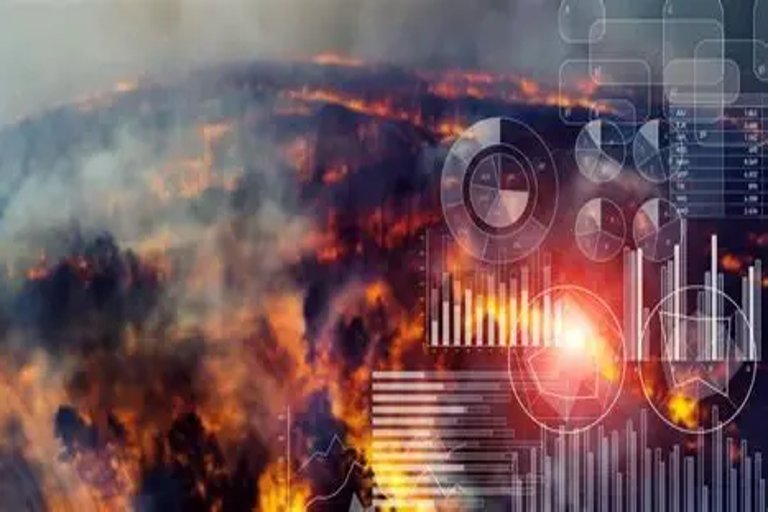Toronto startup develops AI tool to detect wildfire risks
The company’s software analyzes satellite data and weather patterns to help predict and prevent potential fire outbreaks in Ontario’s forests.
Published on: June 27, 2025 at 12:11 | By The Daily Boreal Editorial Team

A Toronto-based tech startup has developed an artificial intelligence platform that can detect and assess wildfire risks in real time, offering a new tool to help prevent catastrophic fires across Canada. The software uses satellite imagery, climate data, and machine learning to identify high-risk zones before fires start.
The company, ForestIQ, was founded by a group of University of Toronto alumni with backgrounds in data science, environmental engineering, and geospatial analysis. Their goal is to create predictive technology that gives emergency services and forest managers a critical edge.
ForestIQ’s platform integrates data from NASA satellites, weather feeds, and vegetation indices to assess factors like soil dryness, wind speed, and fuel load. The system generates dynamic risk maps that update daily, helping authorities target patrols and mitigation efforts more effectively.
CEO Mark D’Souza says the idea was born after witnessing the devastating effects of recent wildfires in British Columbia and Alberta. “We realized there was a gap in proactive technology. With climate change accelerating, we need smarter tools to adapt,” he explained.
The platform is currently being tested in partnership with Ontario’s Ministry of Natural Resources and Forestry. Early results show promising accuracy, with the AI correctly flagging areas that later experienced spot fires due to dry lightning and wind shifts.
What sets ForestIQ apart is its user-friendly dashboard designed for both technical and non-technical users. Municipal fire departments and Indigenous land stewards can access reports and alerts tailored to their region without specialized training.
The startup recently secured $2.5 million in seed funding from Canadian tech investors and is now scaling operations to serve Western provinces. D’Souza says the company is also in talks with fire agencies in California and Australia.
Environmentalists see the platform as part of a broader movement toward data-driven climate resilience. “Tools like this can help us shift from reactive firefighting to strategic prevention,” said Dr. Maya Huang, an environmental science professor at York University.
ForestIQ plans to publish its first peer-reviewed study next year, comparing the effectiveness of its AI model to traditional risk assessment methods. Meanwhile, the team continues to refine their algorithms based on feedback from frontline responders and forest ecologists.